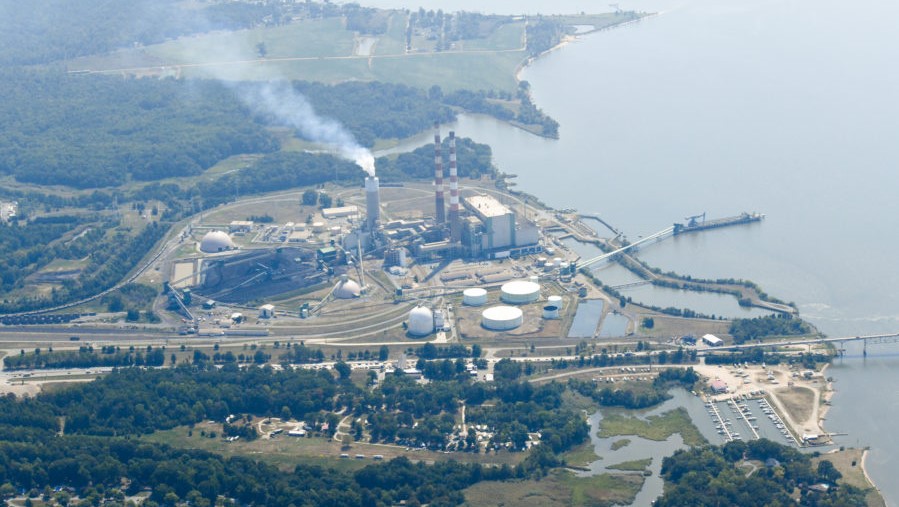
In case you missed the news earlier this year, the Morgantown power plant announced that it will retire its large coal-fired boilers in June 2022 – that’s less than 12 months from now! The Morgantown plant was the second-largest coal plant in Maryland and for decades pumped out climate-altering air pollution and water pollution.
Before the company announced its closure plans, the plant was in the process of renewing a stronger water pollution permit with the Maryland Department of the Environment (MDE) – a permit that Sierra Club supporters worked to ensure was the strongest possible. In the wake of the plant closure announcement and the impending new water pollution permit, MDE is hosting a virtual public information session July 14th at 5:00 pm.
Follow the instructions below to register to attent the July 14th virtual public information session on the Morgantown power plant.
Those who attend the hearing might like to:
- ask and find out from MDE if GenOn has filed any updated compliance documents for effluent limitation guidelines (ELGs) with the new retirement date
- find out from MDE what the accelerated closure timeline does mean for ELG compliance
- ask MDE what other regulations or permits cover the closure and any legacy pollution issues at the plant
- request from the Hogan administration or any other public officials in attendance a public meeting to get community feedback on how to grow the clean energy economy in Charles County and get renewable energy to replace the coal.
Maryland is experiencing a significant transition in the power plant sector. Ninety-five percent of the coal capacity that was online in Maryland at the start of 2020 is scheduled to retire in less than 5 years. The state needs to be providing more transparent, coordinated action plans for ensuring the communities that have been bearing the brunt of fossil fuel pollution the longest are being prioritized for clean energy investments moving forward.
If you want to learn more about what the closure of the coal-fired boilers at Morgantown means for water pollution from the site and to request more state-led clean energy investments in Charles County, be sure to register and attend.